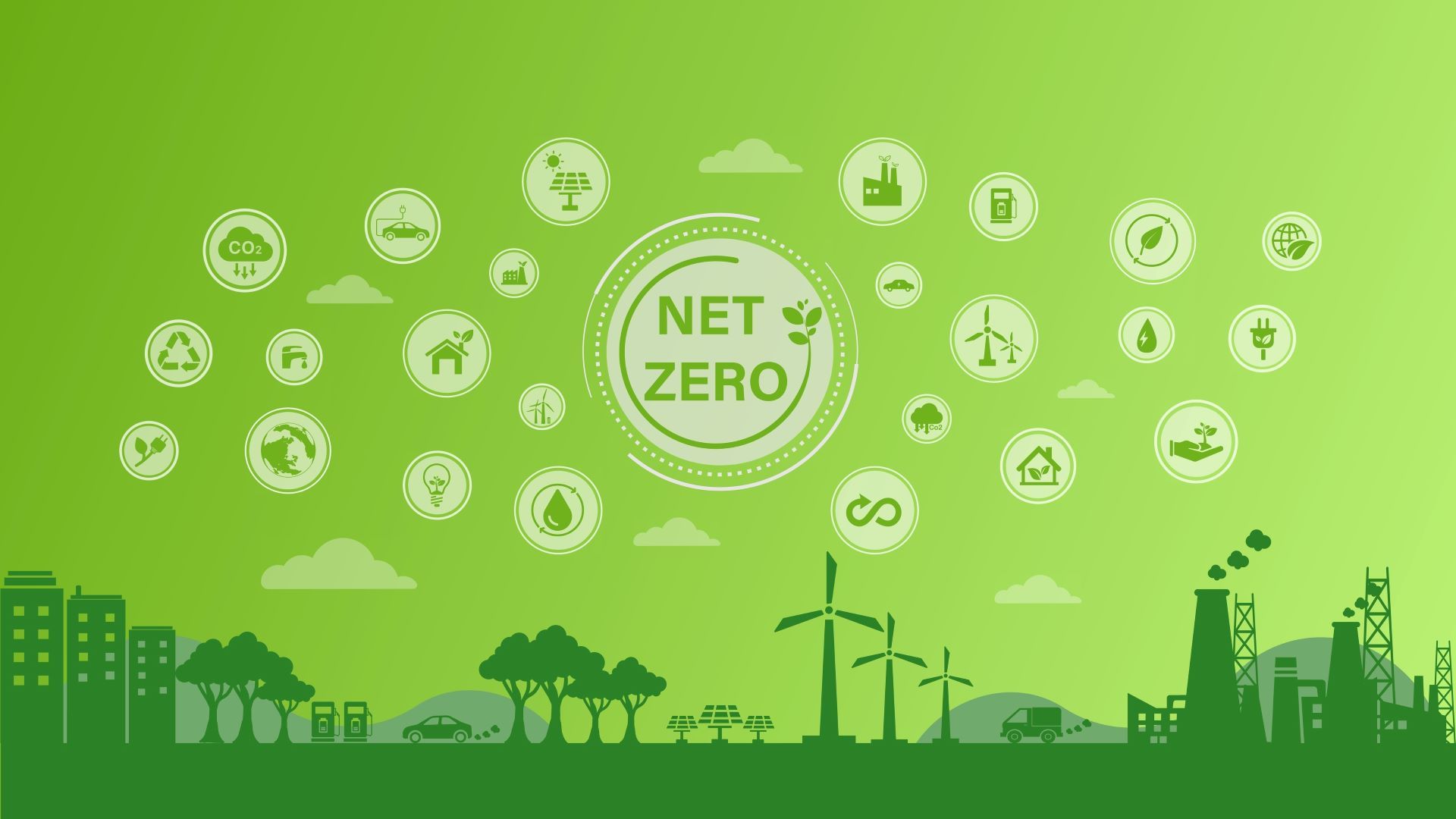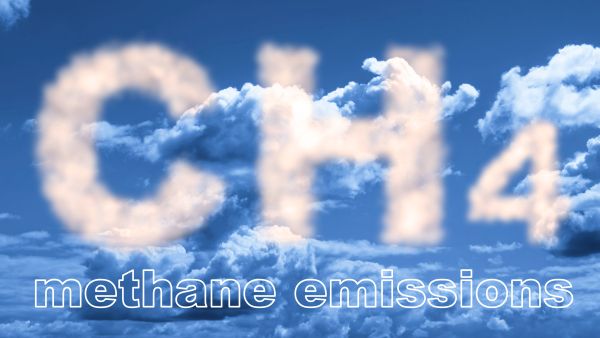The Socialists and Democrats have today led a majority for the adoption of the Net-Zero Industry Act in the plenary of the European Parliament. The S&Ds convinced the plenary of the need for a larger list of net-zero technologies compared to what the European Commission had initially suggested. A major victory for the S&D Group is giving member states the freedom to decide themselves which technologies from this list are strategic without this being subject to approval by the European Commission or others. Such an approach will boost industrial research and development activities and will allow for faster permitting procedures and funding under the recently created STEP – the Strategic Technologies for Europe Platform encompassing unused money from different EU funds and instruments. The adoption of the Net-Zero Industry Act brings Europe one big step closer to the carbon-free reindustrialisation of the EU and the creation of high-paid jobs, in line with our promises to make the Green Deal a reality – one that protects the planet, and works for both citizens and business.
Tsvetelina Penkova, S&D negotiator on the Net-Zero Industry Act, said:
“In today's EP plenary, we have ensured a good deal. It implies that member states will have different means of financing to create new net-zero technology manufacturing sites. This is very different from the original Commission proposal, which would have implied that due to only state aid support, a small number of big countries would have been able to set up new sites. We made sure that member states can have access to unused funds from different EU programmes and instruments under STEP as well as to national ETS revenues. In this way, smaller countries are also in a position to set up new production sites and create quality jobs.
“With the introduction of new article 3a, we expanded the list of net-zero technologies. This includes a reference to nuclear technologies. However, this is only related to the use of nuclear technologies for the development of fusion reactors, small module reactors and medicine equipment in the fight against cancer.
“The next step is now the start of the trilogue negotiations. With our mandate, we will be able to ensure that Europe can be leading in the development of energy-efficient technologies while remaining a driving force in the reduction of carbon emissions.”
Note to editors:
Article 3a (new) introduced by the S&D Group and enlarging the list of net-zero technologies from what the European Commission initially proposed:
1. The net-zero technologies within the scope of this Regulation shall be:
a. Technologies used for production of energy from renewable sources as defined in Directive (EU) 2018/2001
b. Nuclear fission and fusion energy technologies, including nuclear fuel cycle technologies;
c. Energy storage technologies;
d. Carbon dioxide (CO2), methane (CH4), and nitrous oxide (N2O), removal, capture, transport, injection, storage and utilisation technologies;
e. Hydrogen (H2) transport infrastructure technologies ;
f. Electrolyser and fuel cell technologies ;
g. Electric, hydrogen (H2), sustainable alternative fuels as defined in Regulation (EU) .../... (OJ to include reference to Sustainable maritime fuels |Regulation 2021/0210(COD)), and wind propulsion technologies for transportation ;
h. electric charging technologies for transportation
i. Hydrogen (H2), sustainable alternative fuels as defined in Regulation (EU) .../...(OJ to include reference to ReFuel Aviation 2021/0205(COD)), biomethane (CH4) production and refuelling infrastructure technologies ;
j. Heat pump technologies;
k. Energy efficiency technologies;
l. Thermal energy distribution and electric grid technologies;
m. Energy management technologies;
n. High-efficiency industrial process and electrification technologies for energy and carbon intensive industries;
o. Biomaterials production technologies, including bio-based chemical production technologies;
p. Recycling technologies.
2. Within six months of the deadline for notification of each national energy and climate plans pursuant to Article 3(1) of Regulation (EU) 2018/1999 and within six months of the deadline for the submission of each update of the updated national energy and climate plans pursuant to Article 14(2) of that Regulation, the Commission shall assess the list of net-zero technologies set out in paragraph 1 of this Article and may propose delegated acts amending that list in order to ensure that it reflects the technology needs stemming from the Member States’ national energy and climate plans.











